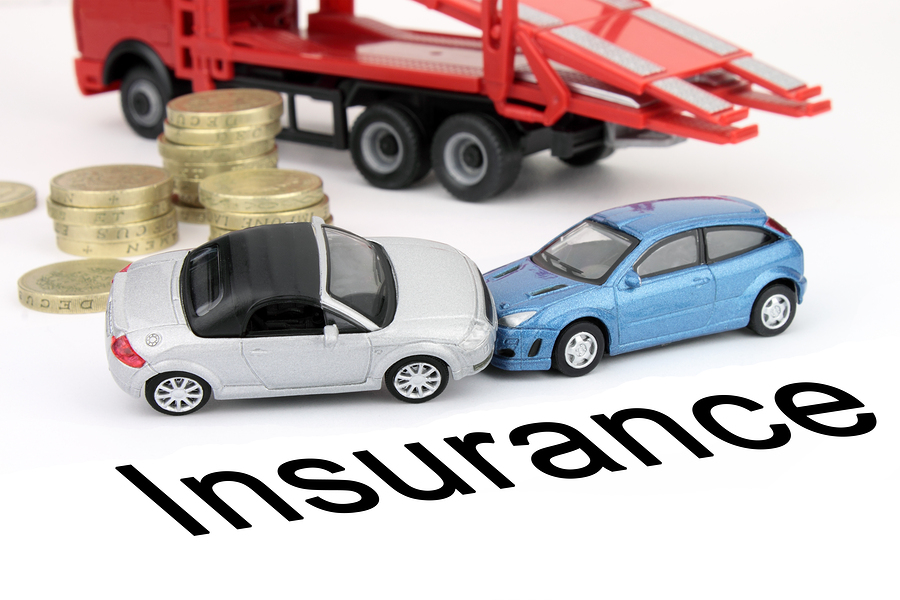1. Understanding Car Insurance Quotes
A car insurance quote is an estimate of the premium you would pay for an insurance policy. It’s based on factors like your driving history, vehicle type, coverage level, and personal information such as age and location. Insurers use this information to assess the risk of insuring you and provide you with a cost estimate.
Quotes vary between companies, making it essential to get multiple quotes before committing to a policy. The goal is to find a balance between affordable premiums and sufficient coverage.
2. Why Compare Car Insurance Quotes?
Comparing car insurance quotes is critical because rates can vary significantly from one insurer to another. By getting multiple quotes, you can identify which company offers the best value for your specific needs. Additionally, comparing quotes allows you to see the differences in coverage options, deductible levels, and available discounts.
Insurance companies use different algorithms to calculate premiums, so what one insurer considers high risk may not be the same for another. This is why it’s possible to find much lower rates with one company compared to another.
3. How to Get Free Car Insurance Quotes
Getting free car insurance quotes is a simple process. Most insurance companies provide online tools that allow you to input your information and get an instant quote. Here are the main steps:
- Gather necessary information: Have details like your vehicle's make and model, driving history, and personal data on hand.
- Use comparison websites: There are many websites that allow you to compare quotes from multiple insurers in one place.
- Visit insurers' websites: For a more tailored quote, go directly to the insurance company’s website and request a quote there.
- Call insurance agents: Speaking with an agent can provide more personalized options based on your unique needs.
4. Factors That Affect Car Insurance Quotes
Several key factors influence the price of your car insurance quote. Understanding these factors can help you find ways to reduce your premium:
- Driving History: A clean driving record results in lower premiums, while accidents or tickets increase rates.
- Vehicle Type: Expensive, high-performance, or luxury vehicles typically have higher insurance premiums due to the cost of repairs or replacement.
- Location: Urban areas with higher rates of accidents or thefts may result in higher insurance costs compared to rural areas.
- Credit Score: In some states, insurers use your credit score to predict the likelihood of claims, affecting your premium.
- Coverage Levels: Higher coverage amounts or lower deductibles will increase your premium.
5. Tips for Finding Affordable Car Insurance
To get the best rates on car insurance, consider these tips:
- Shop Around: Get quotes from multiple companies to compare prices and coverage options.
- Bundle Policies: Many insurers offer discounts if you bundle car insurance with other types of insurance, like home or renters insurance.
- Look for Discounts: Insurers often provide discounts for safe driving, good grades (for students), or even paying your premium upfront.
- Increase Deductibles: Choosing a higher deductible can lower your premium, but be sure you can afford the out-of-pocket costs if you need to file a claim.
- Maintain a Good Credit Score: A higher credit score can lead to lower insurance rates in states where it is considered.
6. Sample Car Insurance Quote Comparison Chart
Below is a sample comparison of car insurance quotes from different companies for a 35-year-old driver with a clean driving record.
| Insurance Company | Monthly Premium | Coverage Type | Deductible |
|---|---|---|---|
| Geico | $95 | Full Coverage | $500 |
| State Farm | $105 | Full Coverage | $500 |
| Progressive | $110 | Full Coverage | $500 |
| Allstate | $120 | Full Coverage | $500 |
7. Conclusion
Finding affordable car insurance requires comparing multiple quotes and understanding what factors impact your premium. By taking the time to gather free quotes, reviewing coverage options, and considering available discounts, you can find a policy that meets your needs without breaking your budget. Remember, the cheapest policy may not always be the best, so make sure you're getting the right coverage for your situation.








